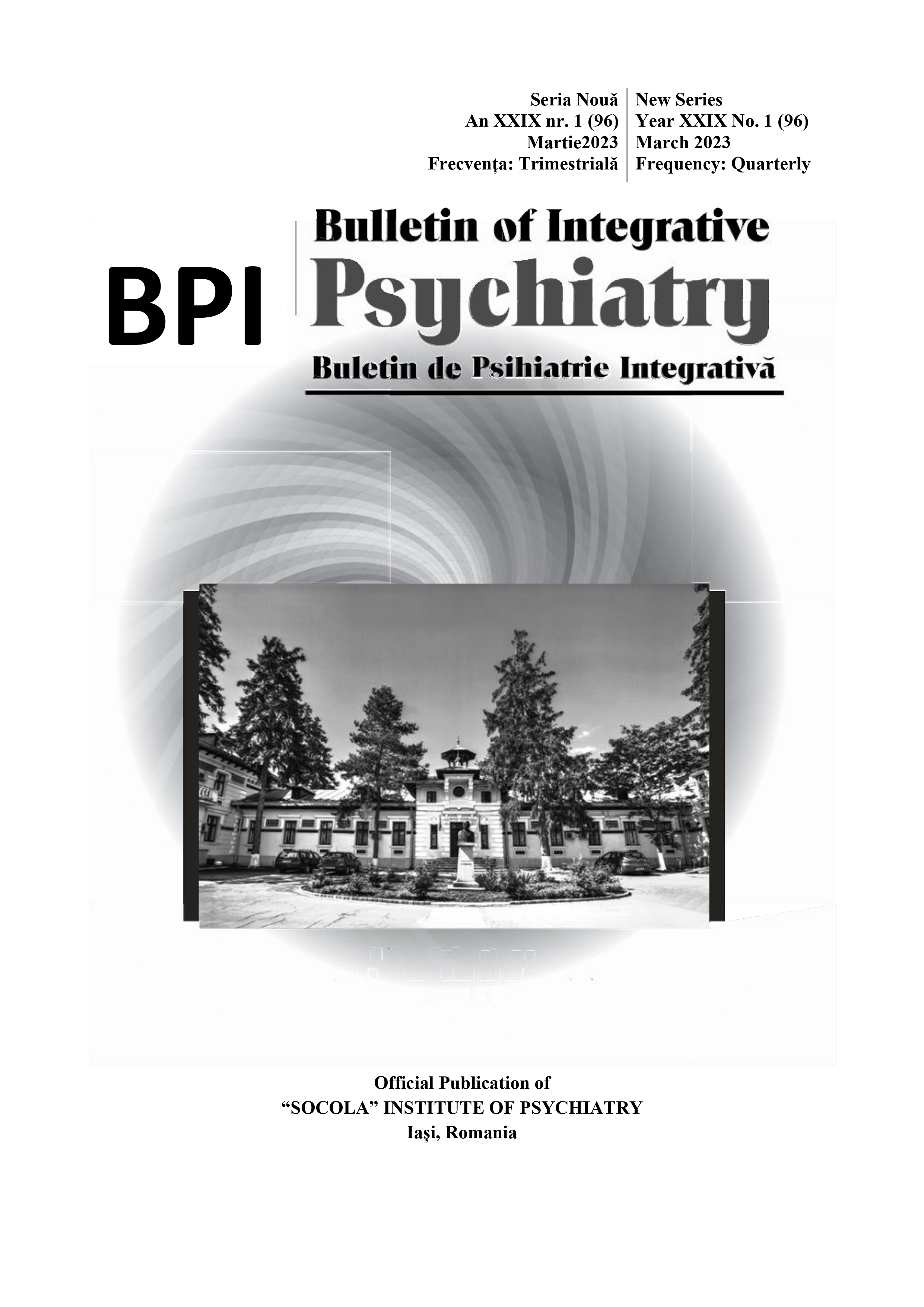A study of oral health in patients with major depressive disorder
A study of oral health in patients with major depressive disorder
Author(s): Maria Puiu, Gabriela Ștefănescu, Mihaela Brînză, Mihnea ManeaSubject(s): Neuropsychology, Evaluation research, Health and medicine and law
Published by: Editura Sedcom Libris Iasi
Keywords: Depressive disorder; oral care habits; oral health status;
Summary/Abstract: Background: Depression is one of the most common psychiatric disorders frequently associated with other serious chronic medical diseases. This association is considered to contribute to decreased life expectancy and quality of life in the affected people. Even though oral health represents an important part of the general health and has a significant role in peoples’ quality of life, data regarding the relationship between depression and oral health are still insufficient. Objective: The aim of our research was to identify oral care habits and perceived oral health status in a group of subjects suffering from depressive disorder. Materials and Methods: A cross-sectional descriptive study was designed and subjects with a primary diagnostic of depressive disorder formulated according to ICD-10 were included. The subjects were evaluated using a questionnaire that was especially developed by the authors for the purpose of the study.Results: 45 subjects aged between 25 and 81 years, mostly women (86.67%), were enrolled in the study. Only 40% of the participants in the study were brushing their teeth daily, once or twice, while 20% of them declared that they have never brushed their teeth. Cleaning habits after eating were absent in 64.4% of the subjects. The time since last visit in a dental office was of at least 12 months for the large majority of the subjects (75.55%) and the first two reasons for visiting the dental office were pain (71.11%) and chewing inability (13.33%). Oral health status was perceived as being unacceptable by more than a half (55.56%) of the subjects. Conclusions: Patients with depressive disorder enrolled in the study had, in a large proportion, poor oral care habits and poor reported oral health status.
Journal: Buletin de Psihiatrie Integrativa
- Issue Year: 96/2023
- Issue No: 1
- Page Range: 49-56
- Page Count: 8
- Language: English

